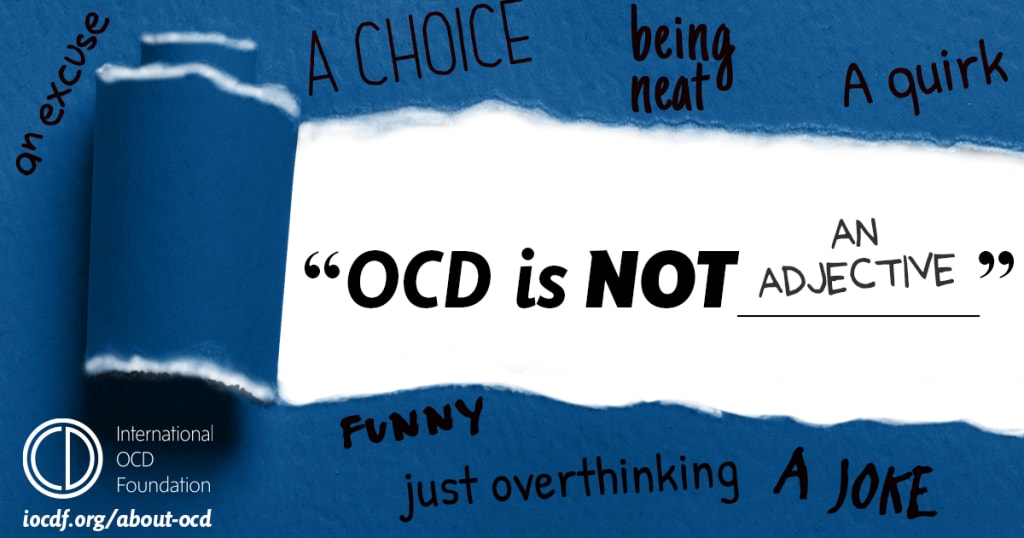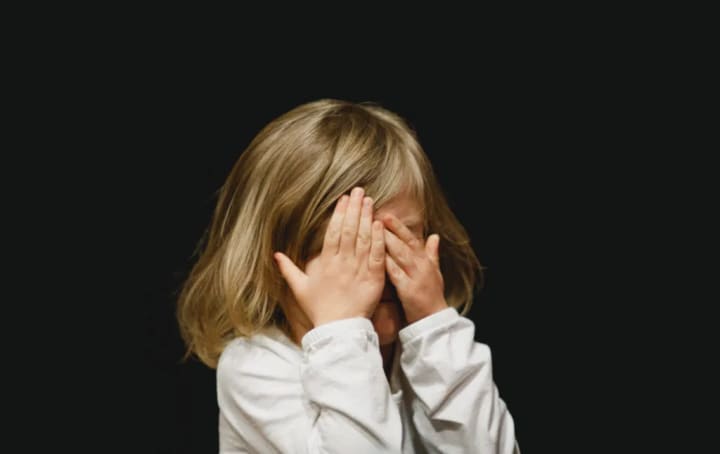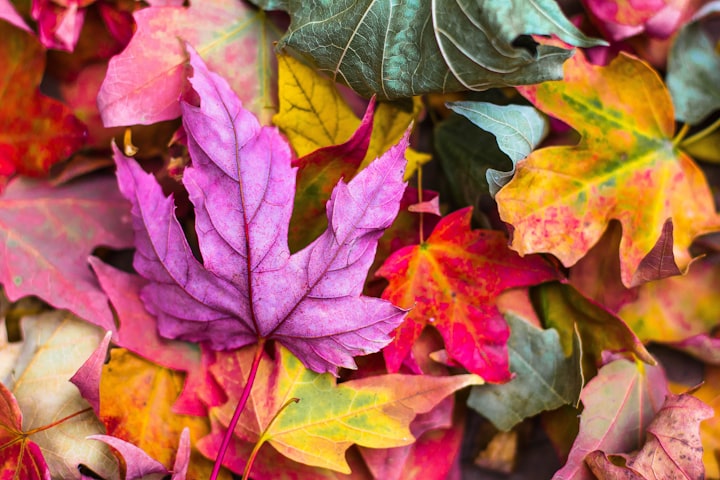
When we talk about OCD, shortened from Obsessive Compulsive Disorder, what first comes to your mind? Well, this is all dependant on whether you have experience in dealing with the disorder yourself, or know people that do.
We often trivialise OCD, stereotype sufferers and assume they’re just people who are on the more organised, very tidy end of the spectrum. However, this could not be FURTHER from the truth...
Here we will discuss the hidden yet extremely common types of OCD that sufferers grapple with on a day to day basis.
POCD (Paedophilia Obsessive Compulsive Disorder)

POCD is a subtype of Obsessive Compulsive Disorder, characterised by intrusive thoughts about children. Particularly sexual, a sufferer will continuously doubt themselves about thoughts and feelings surrounding children. The upmost fear is that one them self is a paedophile. These unwanted thoughts take a terrible toll on sufferers, with feelings of panic, disgust and shame being a part of daily life.
A sufferer may carry out compulsions and rituals in order to ‘stop’ or ‘appease’ the doubts and the intrusive thoughts. This could mean for many, completely avoiding children at all costs. Constantly checking your behaviour around children. Second guessing childhood memories, previous interactions with children. Checking body sensations around children to look for signs of arousal.
I think it’s very important to remember people with POCD are not paedophiles and the torment is simply OCD playing on your worst fears. People suffering with POCD never hurt children. If you’re experiencing POCD, please do not feel ashamed. There are plenty of recourses available that I’ll link below.
Harm OCD ( Harm Obsessive Compulsive Dirsorder)

Harm OCD is another subtype of OCD that can make a sufferer question themselves, their character and their own brain. I’ve suffered with Harm OCD for a while.
Harm OCD is characterised by violent, destructive thoughts, often about a sufferer perpetrating an act themselves. These thoughts can be graphic. Where these thoughts become OCD, is when the sufferer holds them to be meaningful and becomes obsessive over how and why they had that thought. Sufferers may then not trust themselves around certain objects or people, fearing they’ll lose control and act out these thoughts. A good example would be avoiding driving for fear of an impulse to crash the car or hit somebody.
Again we see similarities in checking, looking back on certain memories to look for signs of harm perpetuated by yourself. Seeking reassurance from others that you’re not a ‘bad person’, confessing unwanted thoughts in order to alleviate guilt and receive reassurance. Carrying out rituals or compulsions, such as touching, saying ‘lucky words’, counting and carrying out other mental or physical actions to alleviate or get rid of intrusive thoughts.
Do not be ashamed of Harm OCD. You are not alone. Sources and links below will be posted below.
Hoarding OCD (Compulsive Hoarding)

Here’s a real kicker to that false stereotype surrounding OCD. Obsessive/Compulsive Hoarding! This disorder has now been seperated from the OCD subtypes, as it is so complex in it’s own right. Arguably, it can be a form of OCD depending on why you’re hoarding and what you’re hoarding. It definitely deserves a place on this list for that reason, and the fact it’s hugely stigmatised.
Characterised by, you guessed it...hoarding! This disorder causes sufferers to collect items of typically no inherent value or long term benefit and develop an emotional attachment to their ‘clutter’. Sufferers will find it gut wrenching to throw away items many others toss out without a second thought. Eventually, the accessibility and functioning of homes can dramatically decrease, with the hoarding making living standards unbearable.
Sufferers can feel ashamed of their hoarding, guilty and even embarrassed. Often having a significant effect on their social life and quality of life in general. Friction can begin between members of the household, family and friends. It’s often very hard for non sufferers to understand Compulsive Hoarding.
If you or somebody you know is suffering with symptoms of Compulsive Hoarding, you are not alone. I will post links at the bottom of the article containing information and advice.
ROCD (Relationship Obsessive Compulsive Disorder)

Exactly what it says on the tin. Sufferers are often plagued with intrusive thoughts about their relationships. This often manifests in doubts about the relationship, their love for their partner and concerns about the relationship general.
Sufferers often check, like we’ve already discussed, in the form of asking others about their own relationships and comparing theirs. Checking what the signs of a good relationship are, feeling disheartened or concerned when their partner does something ‘wrong’ or not to a certain expectation.
Again, the quality of a sufferers life is significantly impacted by this disorder. Little joy can be salvaged from these intrusive thoughts, and obsessing over them strengthens the narrative in which they falsely push. A very lonely and stigmatised version of OCD, this sub type deserves a spot. Take comfort in the fact this is very common, and totally manageable when receiving support and treatment for OCD. I will post links below providing information on this specific sub-type.
I hope this sheds some light on the more stigmatised sub-types of OCD. And I really hope if not helpful, this was educational. It’s very important to talk about these types of OCD to remove the stigma, and breakdown the stereotypes surrounding OCD. OCD is a very complex disorder, manifesting itself in many different ways, and this article is only the tip of the iceberg. Stay safe and thank you for reading.
-Leah
ROCD: https://www.google.co.uk/amp/s/www.madeofmillions.com/ocd/relationship-ocd/amp
HOCD: https://centerforanxietydisorders.com/what-is-harm-ocd/
POCD: https://www.calocd.com/obsessive-compulsive-disorder/pedophile-ocd-pocd/
Compulsive Hoarding: https://www.mayoclinic.org/diseases-conditions/hoarding-disorder/symptoms-causes/syc-20356056
About the Creator
Leah
I’m a 22 year old mother, living in the UK. I’m passionate about writing, covering a large array of topics from True Crime, Psychology and History.






Comments
There are no comments for this story
Be the first to respond and start the conversation.